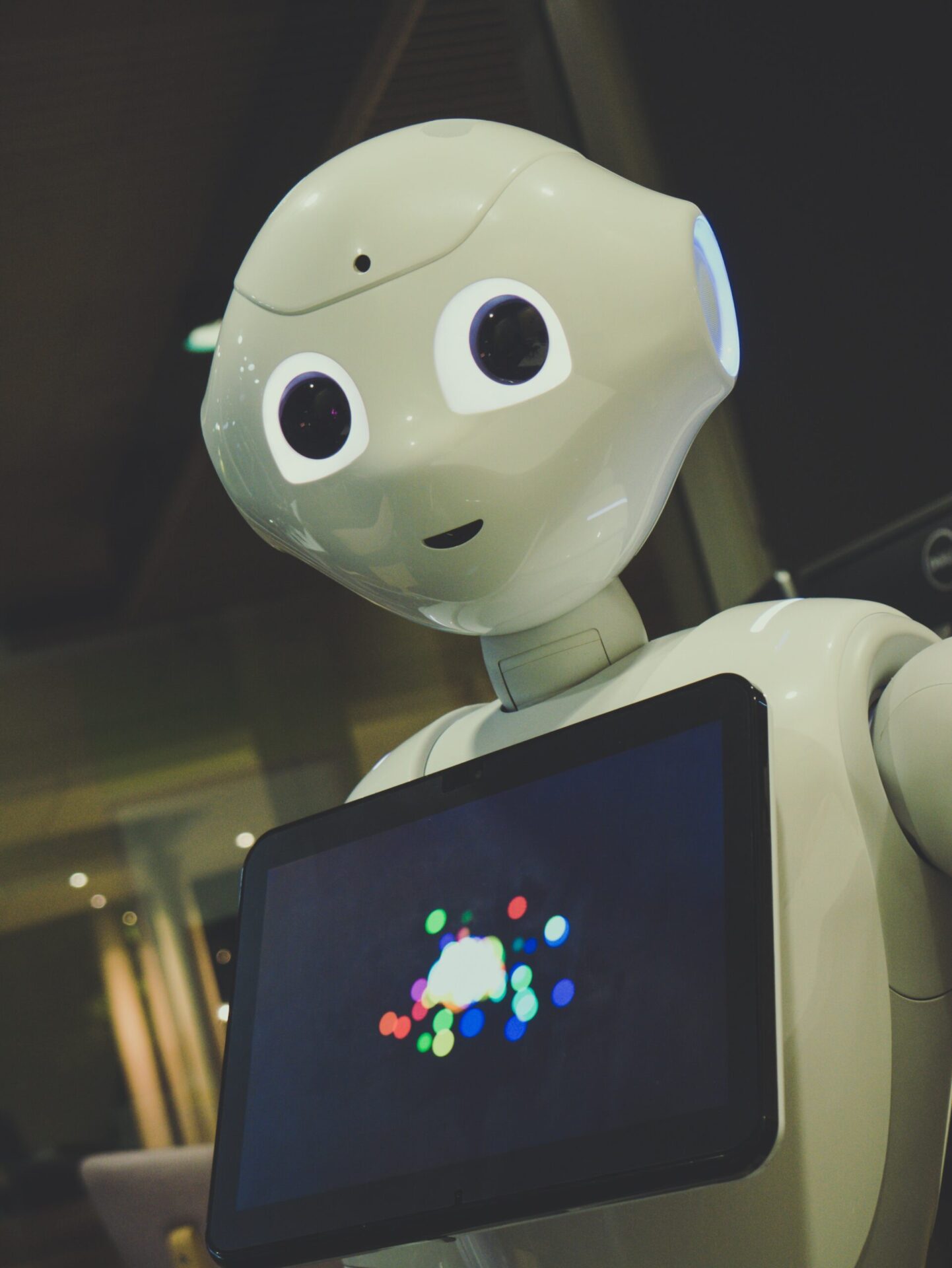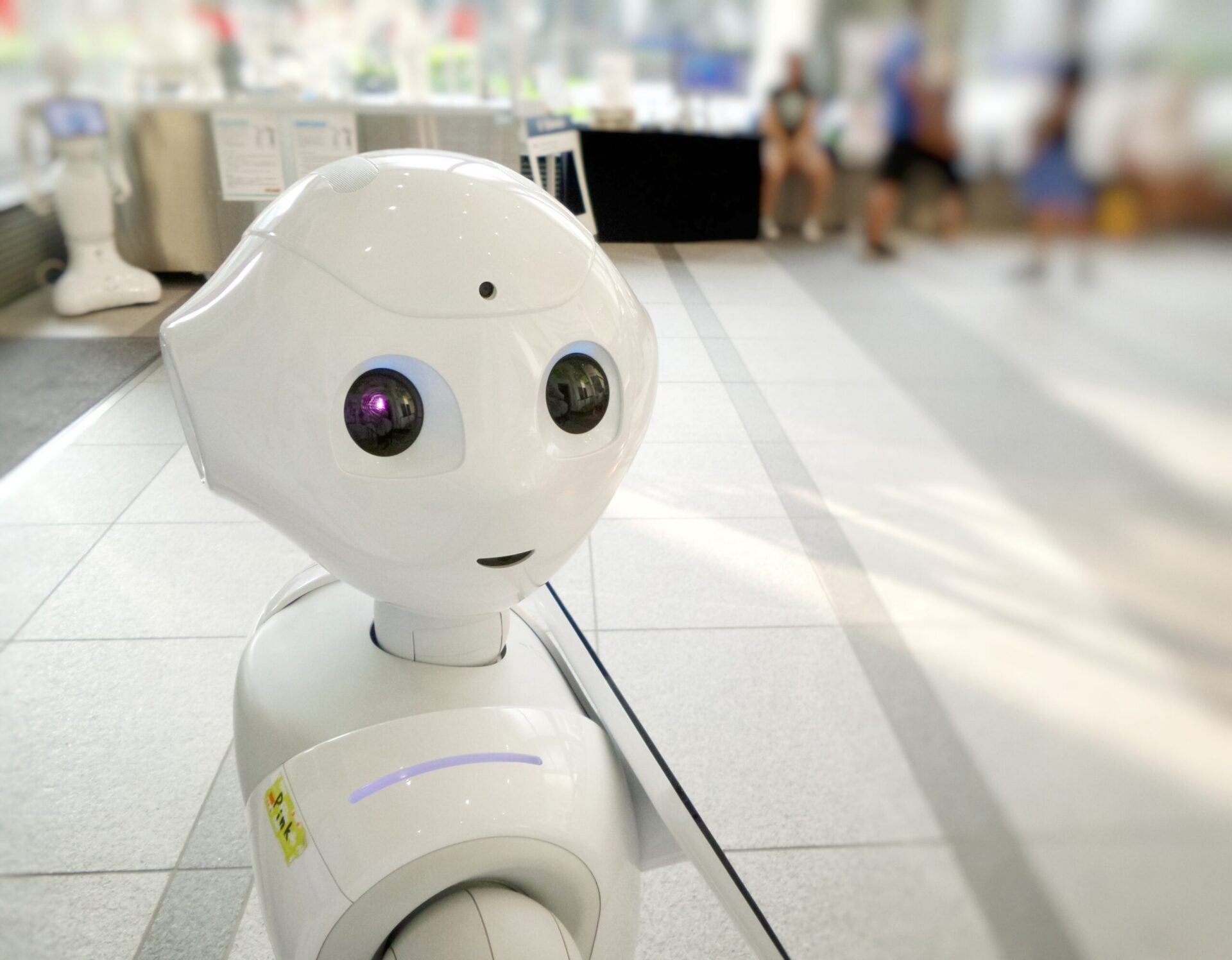Artificial Intelligence (AI) and Machine Learning (ML) have become integral to numerous industries, transforming the way we live, work, and interact with technology. In this article, we will delve into the fundamentals of AI and ML, explore their evolution, discuss various techniques and algorithms, examine their applications across specific industries, consider ethical considerations, and look into the future prospects and challenges they present.
- The Fundamentals of AI and ML
- AI refers to the development of computer systems capable of performing tasks that typically require human intelligence. ML, on the other hand, is a subset of AI that focuses on algorithms and statistical models that enable computers to learn and make predictions from data. Understanding the basics of AI and ML is crucial to comprehend their applications and advancements.
- Evolution and Progress in AI and ML
- The field of AI has a rich history dating back to the 1950s, with notable milestones such as the development of expert systems, the introduction of neural networks, and the rise of Big Data. Over the years, AI and ML have made significant progress, revolutionizing industries like healthcare, finance, manufacturing, transportation, and education. This section will highlight key breakthroughs and their impact on society and the economy.
- AI and ML Techniques and Algorithms
- Supervised learning, unsupervised learning, and reinforcement learning are the fundamental techniques within ML. Each technique offers unique approaches to training models. Furthermore, ML algorithms like linear regression, decision trees, and neural networks enable machines to recognize patterns, make predictions, and classify data. Real-world examples will illustrate the effectiveness of these techniques and algorithms.
- AI and ML in Specific Industries
- AI and ML have revolutionized various industries, improving efficiency, accuracy, and decision-making processes. In healthcare, AI enables medical diagnosis, image recognition, and drug discovery. The finance industry benefits from fraud detection, risk assessment, and algorithmic trading. Manufacturing industries implement predictive maintenance and quality control, while logistics and transportation rely on route optimization and predictive maintenance for aviation. Education experiences personalized learning and adaptive assessments through AI-powered tools.
- Ethical Considerations in AI and ML
- As AI and ML become increasingly prevalent, ethical considerations must be addressed. Bias and fairness in AI algorithms, privacy concerns, and data security are crucial topics. Additionally, the impact of AI on employment and the workforce necessitates thoughtful discussion. Responsible development and deployment of AI systems are vital to mitigate risks and ensure equitable outcomes.
- Future Prospects and Challenges
- The future of AI and ML holds exciting possibilities. Emerging trends such as explainable AI, natural language processing, and reinforcement learning advancements are paving the way for new applications. However, challenges like data quality, interpretability, and ethical dilemmas continue to be areas of concern. Understanding both the potential and limitations is crucial for shaping the future of AI and ML.

Summary:
In this comprehensive review, we have explored the fundamentals of AI and ML, their historical evolution, techniques, algorithms, and applications across diverse industries. We have also delved into the ethical considerations surrounding AI and ML and discussed the future prospects and challenges. AI and ML have the potential to drive innovation and improve various aspects of our lives, but responsible development and ethical implementation are essential to harness their full potential.
As we move forward, it is crucial for researchers, policymakers, and society as a whole to work together to ensure the responsible and beneficial integration of AI and ML into our daily lives. By embracing the possibilities while addressing the challenges, we can shape a future where AI and ML contribute to a more efficient, equitable, and advanced world.









